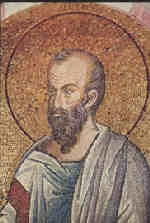
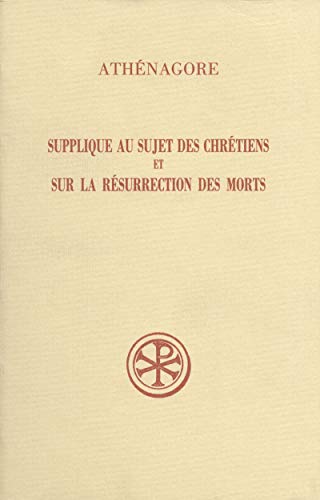
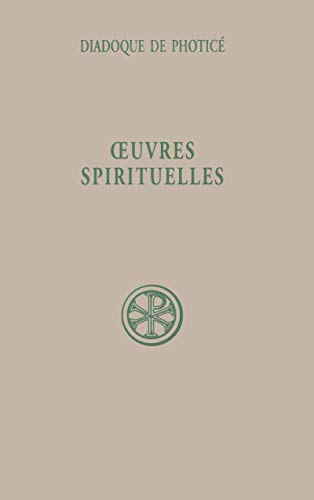
Books in series

La Vie de Moïse
1955

SC 379 SUPPLIQUE AU SUJET DES CHRETIENS ET SUR LA RESURRECTION DES MORTS
1992

OEUVRES SPIRITUELLES
1976
Le paradis spirituel et autres textes annexes
1945
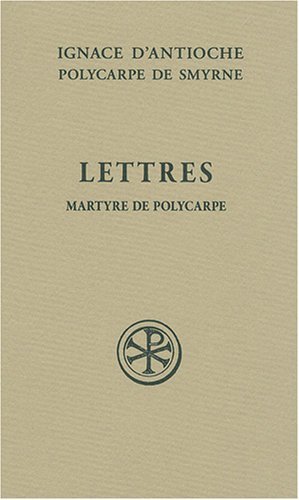
SC 10 LETTRES - MARTYRE DE POLYCARPE
1945
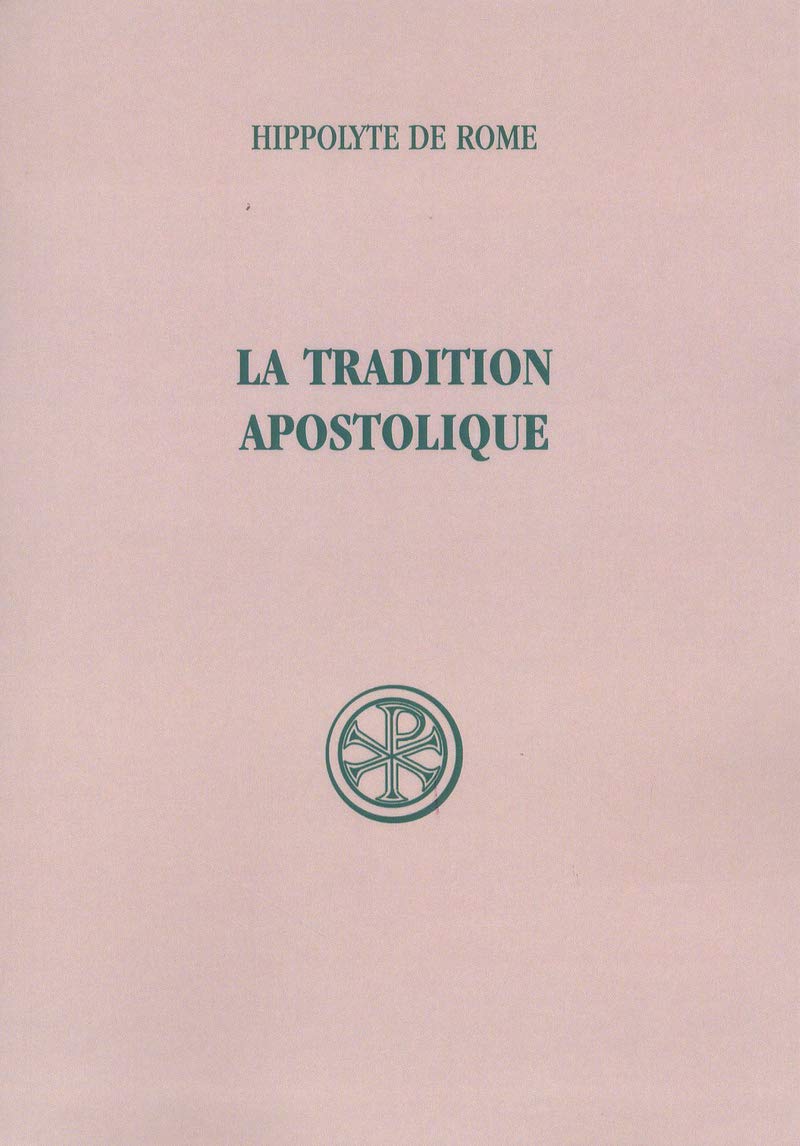
La tradition apostolique
1984
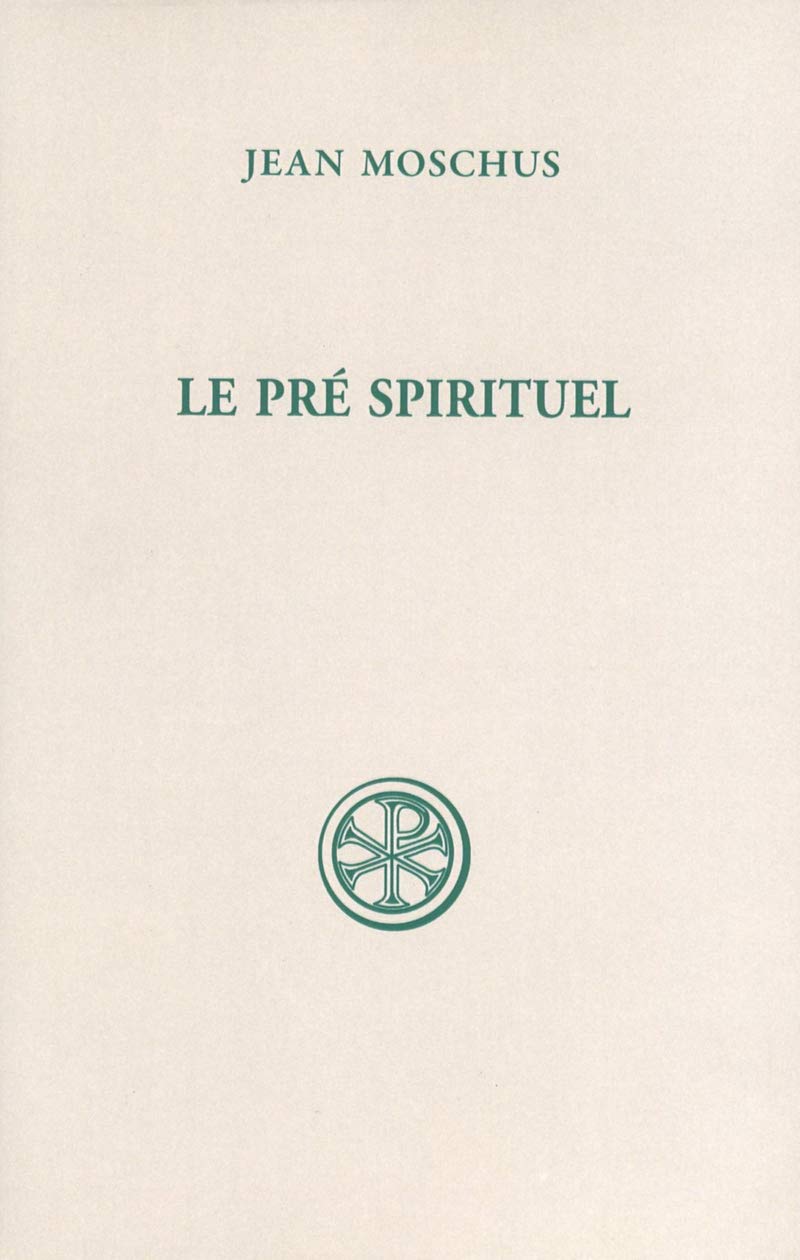
SC 12 LE PRÉ SPIRITUEL
2006
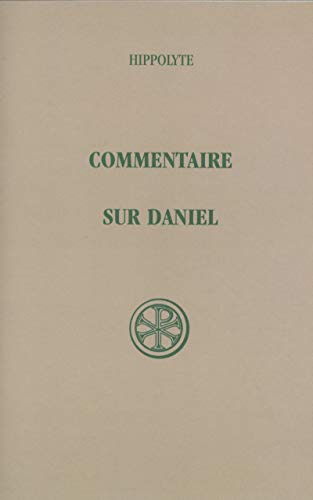
SC 14 COMMENTAIRE SUR DANIEL
1976
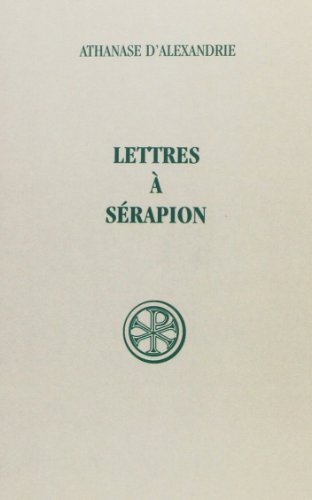
SC 15 Lettres à sérapion
1976
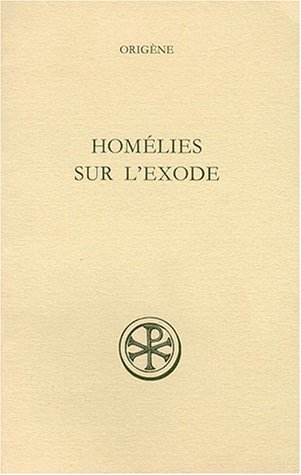
Homélies sur l'exode
1947
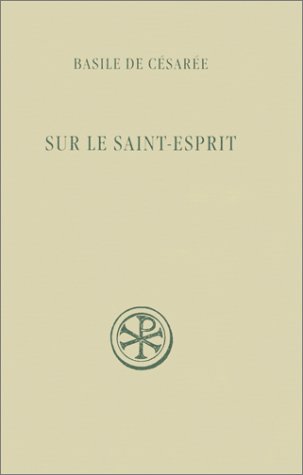
SC 17 SUR LE SAINT-ESPRIT
2002
Contre les païens
1977
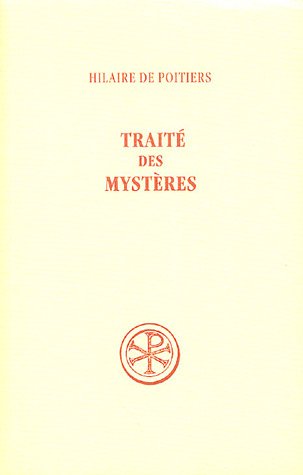
Traité des Mystères
2005
Journal De Voyage
1948

Extraits de Théodote
1976
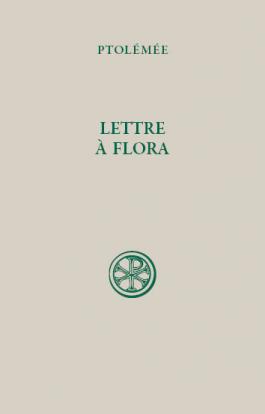
Lettre à Flora
1976
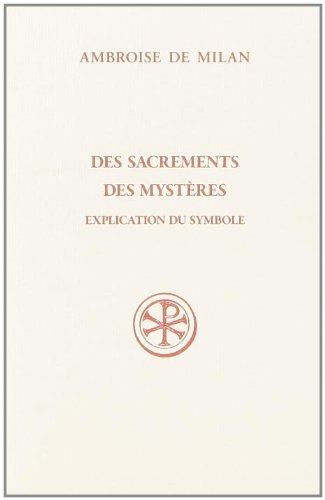
SC 25 DES SACREMENTS - DES MYSTERES - EXPLICATION DUSYMBOLE
1949
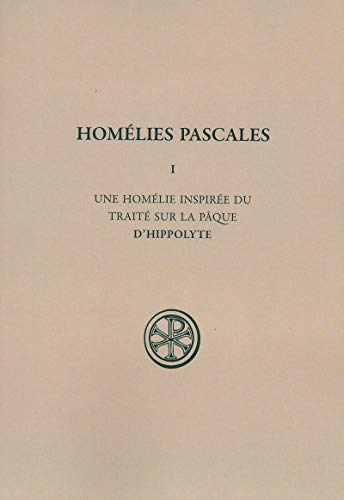
SC 27 HOMELIES PASCALES - TOME 1
2003
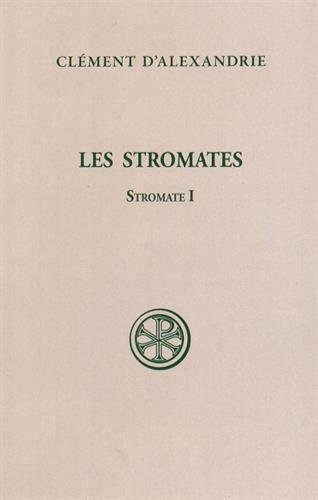
SC 30 LES STROMATES I
2006
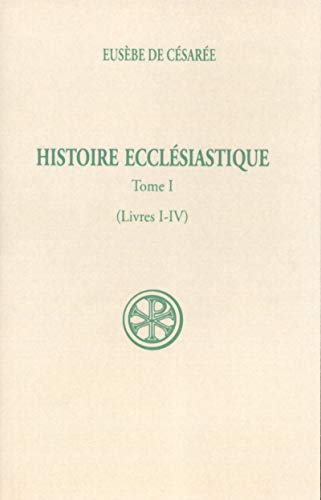
SC 31 HISTOIRE ECCLÉSIASTIQUE, I
2001

Morales sur Job I-II
1989

À Diognète
1997
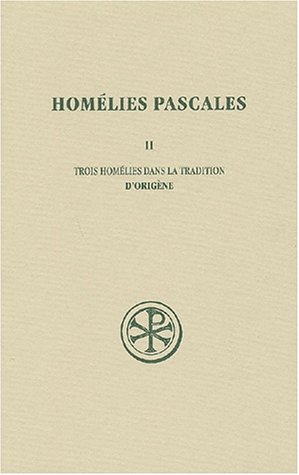
Homélies pascales, tome II Trois homélies dans la tradition d'Origène
2003
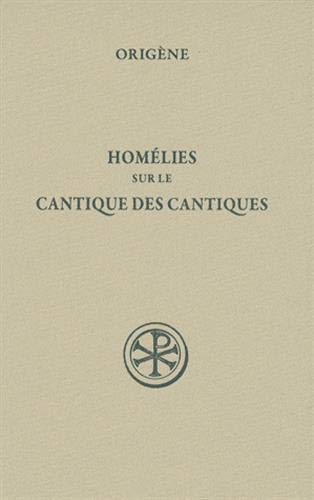
SC 37 bis HOMELIES SUR LE CANTIQUE DES CANTIQUES
2007
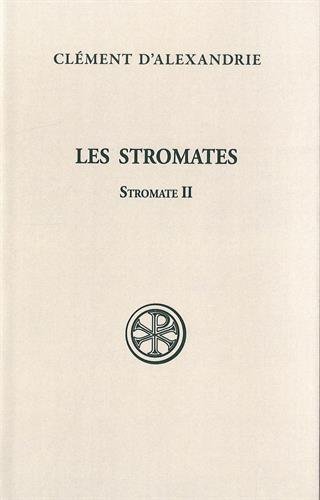
SC 38 LES STROMATES - STROMATE 2
2006
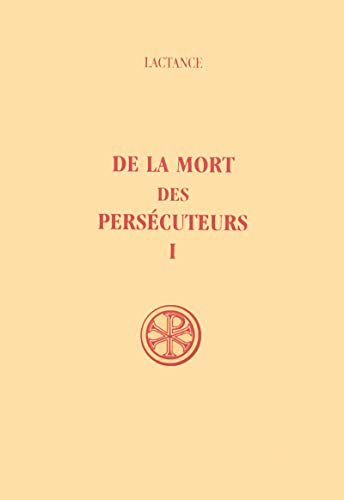
DE LA MORT DES PERSECUTEURS - TOME 1
2006
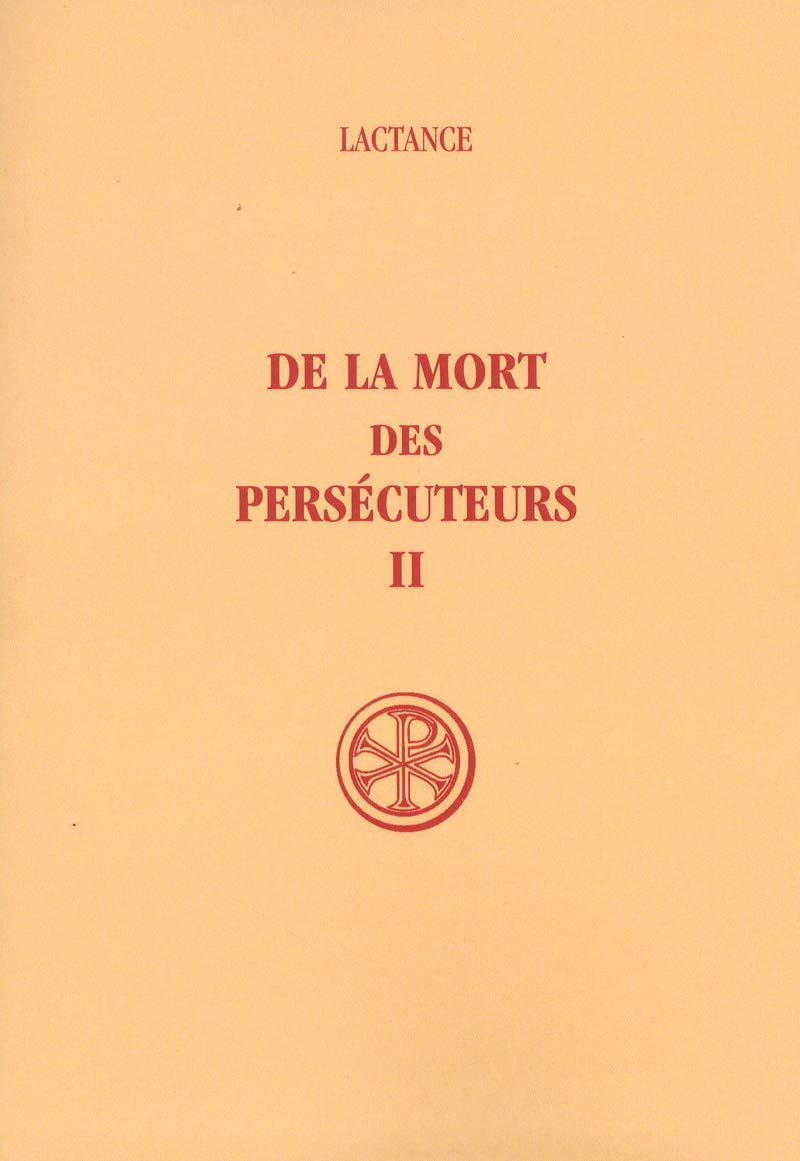
SC 39.2 DE LA MORT DES PERSECUTEURS - TOME 2
2006
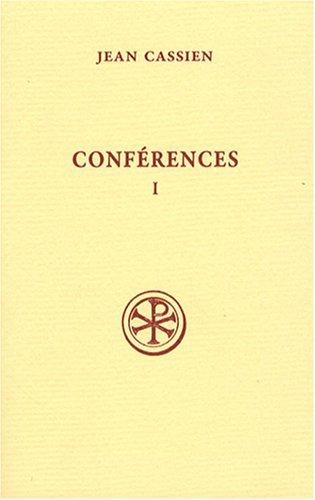
Conférences I
2012
Sur Jonas
1956
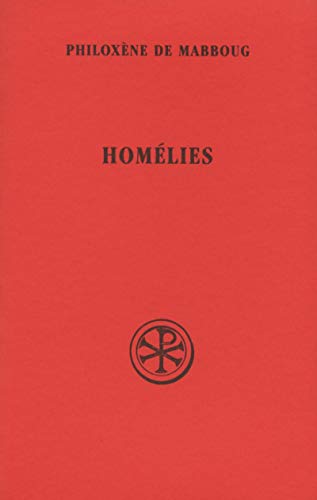
Homélies
2007
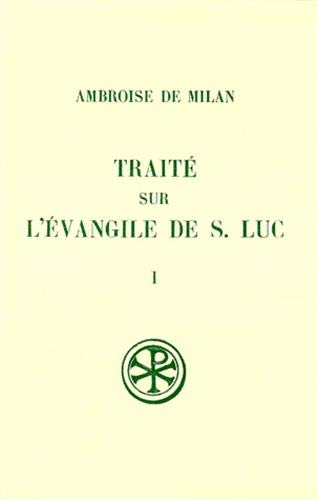
Traité sur l'évangile de saint Luc 1
1976
La Migration d'Abraham
Introduction, Text Critique, Traduction et Notes
1957
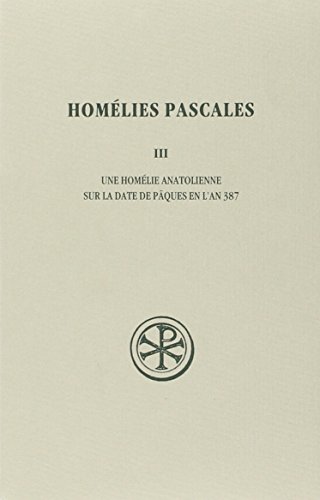
Homélies pascales, tome III Une homélie anatolienne sur la date de Pâques en l'an 387
2004

Huit catéchèses baptismales inédites
2005
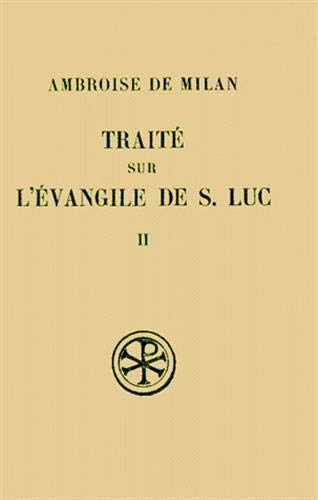
Traité sur l'Évangile de S. Luc, tome II Livres VII-X
1976

Conférences, tome II
2009
SC 55 HISTOIRE ECCLESIASTIQUE - TOME 3
1984
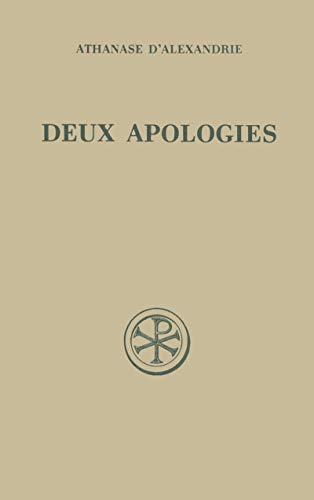
Deux apologies
À l'empereur Constance. Pour sa fuite
1987
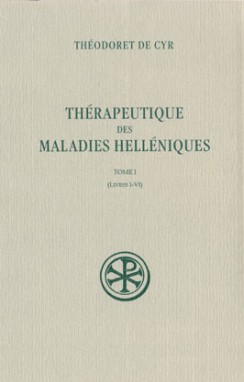
Thérapeutique des maladies helléniques, I
2000
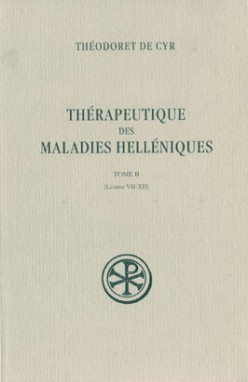
Thérapeutique des maladies helléniques, II
2001

The Celestial Hierarchy
488
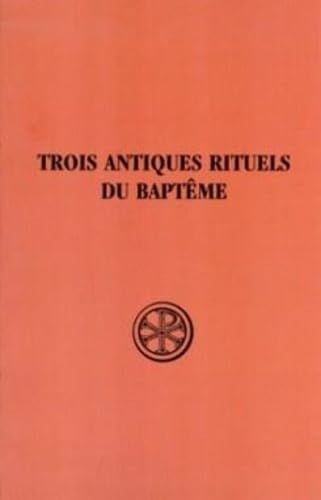
SC 59 TROIS ANTIQUES RITUELS DU BAPTÊME
2006
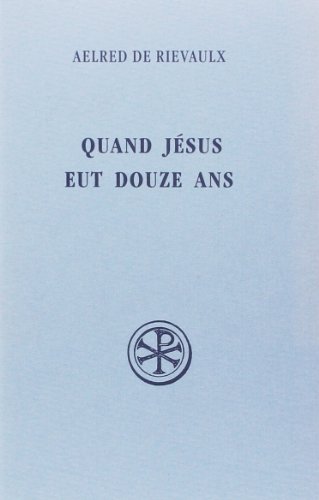
SC 60 QUAND JESUS EUT DOUZE ANS
1958
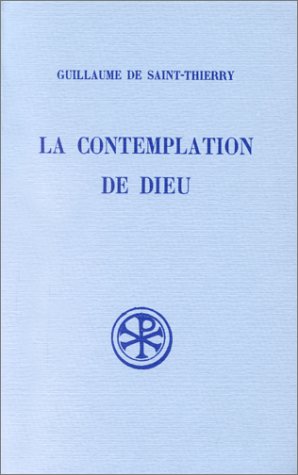
La contemplation de Dieu suivi de L'oraison de Dom Guillaume
1976
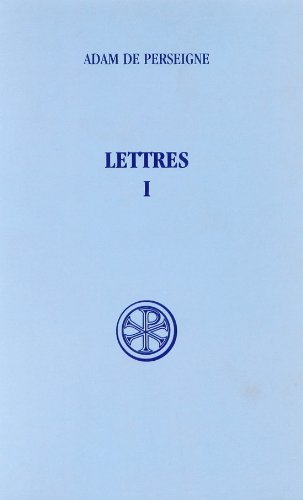
SC 66 LETTRES I
1976
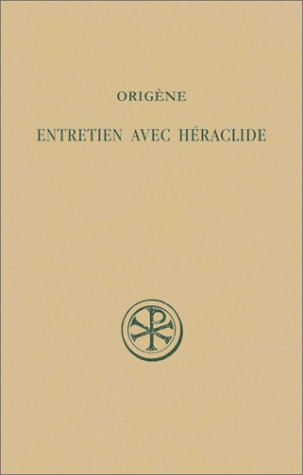
Entretien avec Héraclide
2002
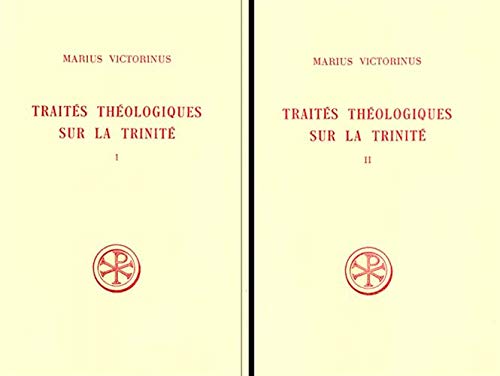
SC 68-69 TRAITES THEOLOGIQUES SUR LA TRINITE 1 ET 2
1976
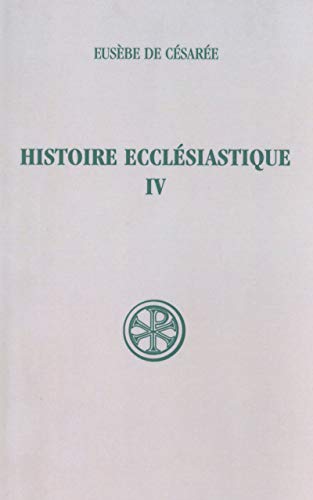
Histoire ecclésiastique, tome IV
1987
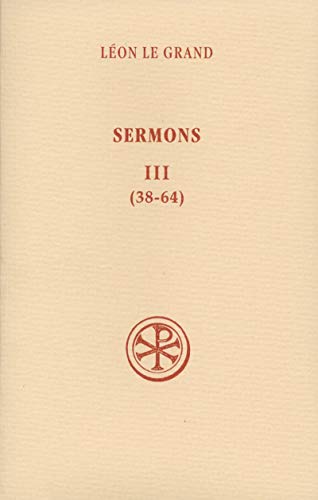
Sermons, tome III
Sermons 38-64
2004
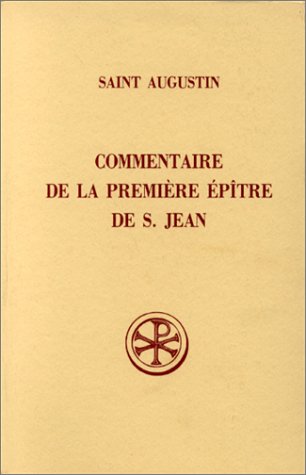
Commentaire de la Première Épître de saint Jean
1994
La Vie De Recluse
La Priere Pastorale [Ed. Charles Dumont]
1961
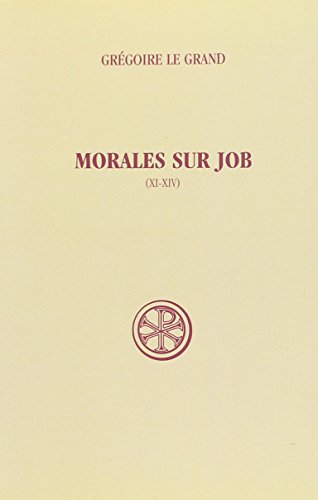
SC 212 MORALES SUR JOB, LIVRES XI-XIV
1976
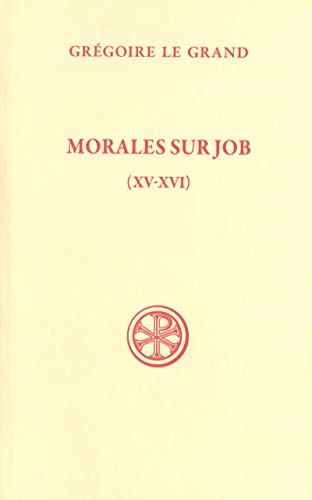
Morales sur Job XV-XVI
1976
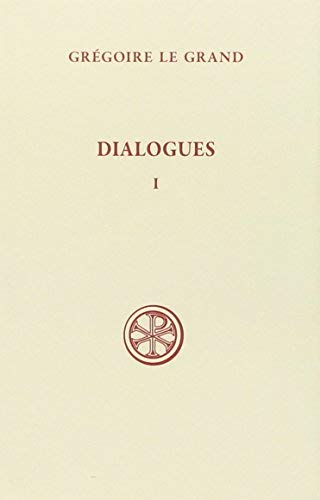
Dialogues I
1978
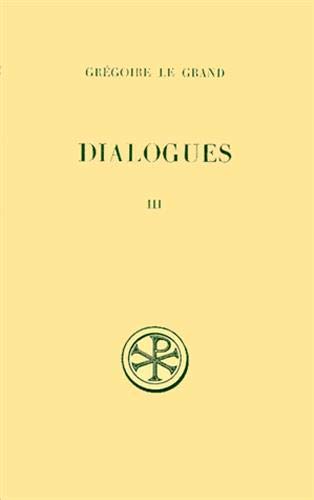
SC 265 DIALOGUES - TOME 3
1980

SC 371 REGISTRE DES LETTRES - TOME 1 LIVRES I ET II
1991
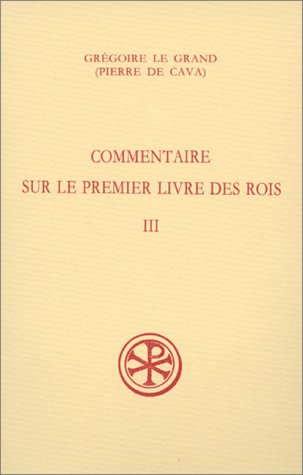
SC 432 COMMENTAIRE SUR LE PREMIER LIVRE DES ROIS - TOME 3
1998

SC 469 COMMENTAIRE SUR LE PREMIER LIVRE DES ROIS - TOME 5
2003
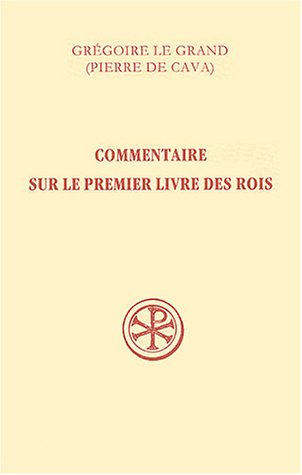
SC 482 COMMENTAIRE SUR LE PREMIER LIVRE DES ROIS - TOME 6
2004
La table de l'Évangile
2005
Authors
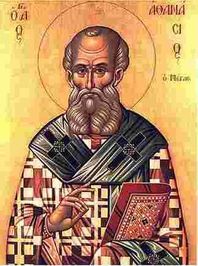
born perhaps 293 Greek patriarch Saint Athanasius, known as "the Great," of Alexandria led defenders of Christian orthodoxy against Arianism. An Athanasian follows him, especially in opposition to Arianism. Christians attributed Athanasian Creed, which dates probably from the fifth century, but people now consider its unknown origin. People also refer to Athanasius (Arabic: البابا أثناسيوس الرسولي, as the Confessor and the Apostolic, primarily in the Coptic Church; he served as the twentieth bishop. From 8 June 328, his episcopate lasted, but four different Roman emperors ordered him to spend five exiles for 17 years. People consider this renowned theologian, a Father of the Church, the chief of Trinitarianism, and a noted Egyptian of the fourth century. People remember his role in the conflict. In 325, Athanasius at the age of 27 years played a role in the first council of Nicaea. At the time, he served as a deacon and personal secretary of Alexander, the nineteenth bishop. Constantine I convoked Nicaea in May–August 325 to address the position of Jesus of Nazareth of a distinct substance from the Father. Three years after Nicæa and upon the repose of Alexander, bishop, he served in June 328 at the age of 30 years as archbishop. He continued to the conflict for the rest of his life, and theological and political struggles engaged him against Constantine and Constantius II, the emperors, and against Eusebius of Nicomedia and other powerful and influential churchmen. He stood as "Athanasius contra Mundum," against the world. Within a few years of his departure, Saint Gregory of Nazianzus called him the "pillar of the Church." All fathers of the Church followed and well regarded his writings in the west and the east. His writings show a rich devotion to the Word, the Son of Man, great pastoral concern, and profound interest in monasticism. The Roman Catholic Church counts Athanasius and three other doctors, and east labels him the "father." Many Protestants also celebrate him and label him "father of the canon." People venerate Athanasius on feast day, 2 May in west, 15 May in Coptic, and 18 January in the other eastern churches. The Roman Catholic Church, Orient, east, Lutherans, and Anglican communion venerate him.

John Chrysostom (c. 347–407, Greek: Ἰωάννης ὁ Χρυσόστομος), Archbishop of Constantinople, was an important Early Church Father. He is known for his eloquence in preaching and public speaking, his denunciation of abuse of authority by both ecclesiastical and political leaders, the Divine Liturgy of St. John Chrysostom, and his ascetic sensibilities. After his death in 407 (or, according to some sources, during his life) he was given the Greek epithet chrysostomos, meaning "golden mouthed", in English and Anglicized to Chrysostom. The Orthodox and Eastern Catholic Churches honor him as a saint and count him among the Three Holy Hierarchs, together with Basil the Great and Gregory Nazianzus. He is recognized by the Eastern Orthodox Church and the Catholic Church as a saint and as a Doctor of the Church. Churches of the Western tradition, including the Roman Catholic Church, some Anglican provinces, and parts of the Lutheran Church, commemorate him on 13 September. Some Lutheran and many Anglican provinces commemorate him on the traditional Eastern feast day of 27 January. The Coptic Orthodox Church of Alexandria also recognizes John Chrysostom as a saint (with feast days on 16 Thout and 17 Hathor). John is known in Christianity chiefly as a preacher, theologian and liturgist. Among his homilies, eight directed against Judaizing Christians remain controversial for their impact on the development of Christian antisemitism.
French Variant form for Johannes Cassianus Ioannis Kassianos / Ιωάννης Κασσιανός / Ioannes Cassianus, appelé Jean Cassien en français, né vers 360 en Scythie mineure (actuelle Dobrogée roumaine), et mort en 435 à Marseille1, est un moine et homme d'Église méditerranéen qui a marqué profondément les débuts de l’Église en Provence au ve siècle. Il est le fondateur de l'abbaye Saint-Victor de Marseille. Il a laissé une œuvre doctrinale importante, dont les Institutions cénobitiques (De Institutis cœnobiorum et de octo principalium vitiorum remediis, écrit vers 420) et les Conférences (Conlationes ou Collationes), ouvrages consacrés à la vie monastique, qui ont profondément influencé le monachisme occidental du ve siècle à nos jours, notamment en raison de leur reprise dans la règle de saint Benoît, mais aussi parce qu'ils s'appuyaient sur l'expérience que fit Cassien du grand monachisme oriental, celui des déserts de Palestine et d’Égypte. Cassien établit un pont entre le monachisme d’Orient et celui d’Occident. Il est considéré en Occident comme étant à l'origine du semi-pélagianisme, doctrine condamnée lors du concile d'Orange, en 529. Les Églises orthodoxes le vénèrent comme saint et Père de l'Église, sous le nom de Cassien le Romain. Variants: Ioannis Kassianos [Ιωάννης Κασσιανός](https://www.goodreads.com:443/search/search?q=Ιωάννης Κασσιανός "Ιωάννης Κασσιανός") - GR Joannes Cassianus John Cassian - EN John the Ascetic Ioannes Eremita Cassianus Ioannus Cassianus Ioannes Massiliensis

St. Jerome (born c. 347) (formerly Saint Hierom) (Latin: Eusebius Sophronius Hieronymus; Greek: Εὐσέβιος Σωφρόνιος Ἱερώνυμος) was a Roman Christian priest, confessor, theologian and historian, and who became a Doctor of the Church. He was the son of Eusebius, of the city of Stridon, which was on the border of Dalmatia and Pannonia (possibly in modern Croatia or Slovenia). He is best known for his translation of the Bible into Latin (the Vulgate), and his list of writings is extensive. He is recognized by the Catholic Church as a saint and Doctor of the Church, and the Vulgate is still an important text in Catholicism. He is also recognized as a saint by the Eastern Orthodox Church, where he is known as St. Jerome of Stridonium or Blessed Jerome.

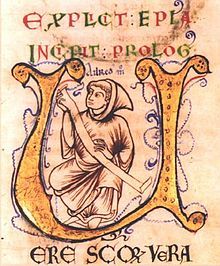
Aelred of Rievaulx (Latin: Aelredus Riaevallensis); also Ailred, Ælred, and Æthelred; (1110 – 12 January 1167) was an English Cistercian monk, abbot of Rievaulx from 1147 until his death, and known as a writer. He is regarded by Anglicans, Catholics, and other Christians as a saint. Aelred was born in Hexham, Northumbria, in 1110, one of three sons of Eilaf, priest of St Andrew's at Hexham, himself a son of another Eilaf, treasurer of Durham. Aelred spent several years at the court of King David I of Scotland in Roxburgh, possibly from the age of 14, rising to the rank of echonomus (often translated "steward" or "Master of the Household") before leaving the court at age twenty-four (in 1134) to enter the Cistercian abbey of Rievaulx in Yorkshire. He may have been partially educated by Lawrence of Durham, who sent him a hagiography of Saint Brigid. From 1142 – 1143, Aelred served as novice master at Rievaulx. of a new daughter house of Rievaulx at Revesby in Lincolnshire. In 1147, he was elected abbot of Rievaulx itself, a position he was to hold until his death. Under his administration, the abbey is said to have grown to some 140 monks and 500 conversi and laymen.


